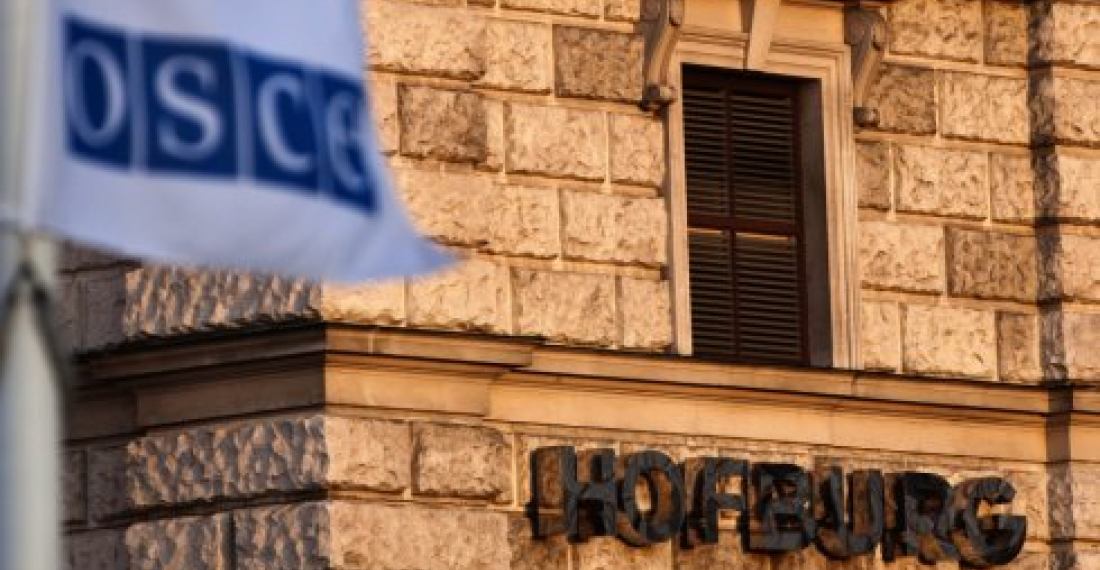A meeting between the Foreign Ministers of Armenia and Azerbaijan took place in the Polish city of Krakow on Thursday (18 January). Also present were(Igor Popov of the Russian Federation, Stephane Visconti of France, and Andrew Schofer of the United States of America), together with the Personal Representative of the OSCE Chairperson-in-Office Andrzej Kasprzyk.
The international mediators, earlier met seperately with the Foreign Minister of Armenia Edward Nalbandian and the Foreign Minister of Azerbaijan Elmar Mammadyarov.
A statement issued by the OSCE said:
"The Ministers and the Co-Chairs discussed next steps for facilitating realization of the agreements reached at previous summits dedicated to the Nagorno-Karabakh settlement. The Foreign Ministers agreed in principle to the Co-Chairs' revised concept paper for implementing the expansion of the Office of the Personal Representative of the OSCE Chairperson-in-Office with a view toward finalizing it as soon as possible.
During the meetings, the parties and Co-Chairs exchanged views on core sensitive issues contained in the working proposals currently on the table. The Co-Chairs also called for pursuing trust-building measures as an important contribution to the negotiation process. The Ministers and the Co-Chairs acknowledged the relative calm on the Line of Contact, and the Co-Chairs urged the parties to reinforce this positive trend.
The Co-Chairs indicated to the Ministers their interest in further discussing the possibility of conducting a follow up to the 2010 assessment mission to the territories affected by the conflict.
The Co-Chairs plan to travel to the region in early February."
source; commonspace.eu with OSCE.org







